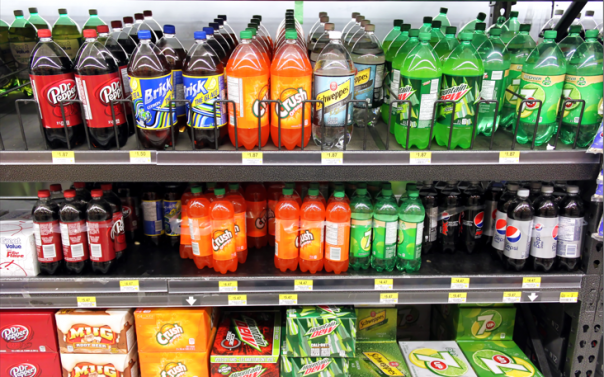
Young adults aged between 16 – 35 years old were the highest consumers of sugary soft drinks. In addition, consumption was also greater among adults living in Scotland’s most deprived areas.
Alana McDonald, senior public health nutrition adviser at FSS, says that changing our food environment is key to shifting the dial and improving Scotland’s health.
“Improving our population’s health by ensuring everyone can access healthier food and drink options food has never been more important. What surrounds us, shapes us and the food environment is a key factor which influences the daily food choices we make.”
Intakes of food and drink which are not needed for our health – known as discretionary foods - also make up a significant portion of our diet, accounting for around 15% of our calorie intakes and almost 40% of our sugar.
“Our analyses of the Scottish Health Survey data demonstrates that food and drink items such as sweet biscuits, cakes, pastries and puddings, crisps and savoury snacks, confectionery, ice cream and ice lollies and sugar-containing soft drinks are continuing to make up too high of a proportion of our diet,” she said.
In total, FSS found that these discretionary foods and drinks, as well as breakfast cereals, ready meals and pizza contributed 28% to average intakes of calories, 18% to average intakes of total fat and saturated fat and 49% to average intakes of sugars.
“Many discretionary and high fat, sugar and salt (HFSS) food items are purchased on promotion, which can encourage us to buy more than we need, or to buy things we weren’t intending to in the first place.
“FSS welcomes The Scottish Government’s confirmation that it is fully committed to legislating to restrict HFSS promotions and will now proceed directly to consult on the detail of proposed regulations and plans for implementation this autumn.”